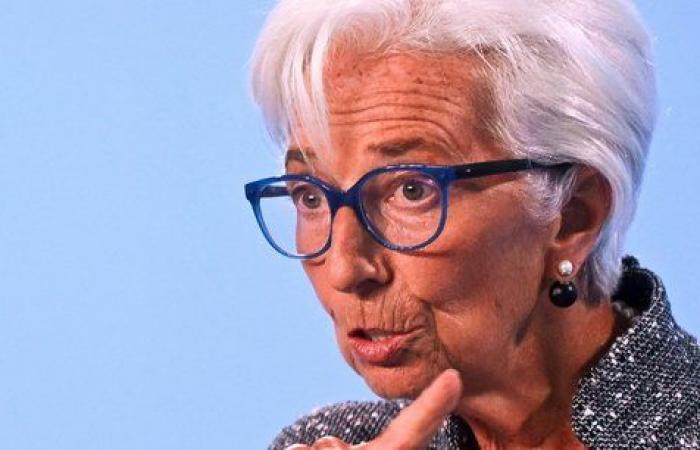While the election of Donald Trump and the political crisis in Germany are causing concern in Europe, Christine Lagarde, the president of BCE, insists on the challenge of the single capital market in order to fill “the productivity gap” separating the Old Continent from the United States.
“The world is breaking up into blocks,” declared the central banker, who came from Frankfurt to receive the sovereignty grand prize from the Choiseul Institute, in front of business leaders. A context which justifies all the more an imperative of sovereignty”according to the manager, and who calls for “refocusing” public and private investments in Europe, in particular.
Capital Markets Union: how the subject became a priority in just a few months
A sea serpent from the European summits
The Capital Markets Union, the sea serpent of European summits, aims to harmonize the regulations of the approximately 140 market places currently available in the European Union. The aim is to complete the liberalization of financial flows within the 27, for example to more easily direct private investments towards the ecological or digital transition.
TotalEnergies’ statements this spring about a possible listing in New York have fueled a sense of urgency. “These announcements are a strong incentive to work very actively so that Europe puts itself in a position to have more efficient capital markets,” then reacted Marie-Anne Barbat-Layani, president of the Financial Markets Authority (AMF).
“Without an effort both to open a real European market and without the ability to raise capital, to attract investments in our countries which are full of talent, innovation and capacity, we will not be able to do assert a European sovereignty which absolutely deserves that we mobilize for it”, launched Christine Lagarde. “Let’s try to remove these obstacles which very often correspond to small territorial selfishness” she concluded.
Deep differences between member countries
Meeting at a summit in Budapest last Friday, the Twenty-Seven launched a vast reform plan inspired by Mario Draghi, former Italian Prime Minister, to revive the European economy under the threat of a trade war with the United States of Donald Trump. But beyond the declarations of principles, differences remain deep on many subjects, in particular the public financing to be mobilized. The creation of a union of telecommunications, energy or defense industries has also been blocked for years.
Germany and other countries « frugaux » in fact exclude any recourse to new common debt, despite the success of the historic post-Covid recovery plan of 800 billion euros initiated in 2020. They could however consider public financing via the European Union budget or recourse increased at the European Investment Bank.
(With AFP)






